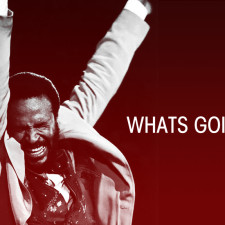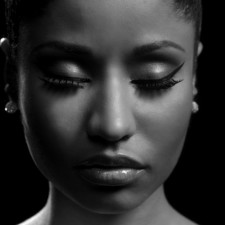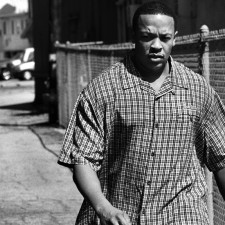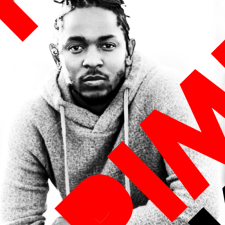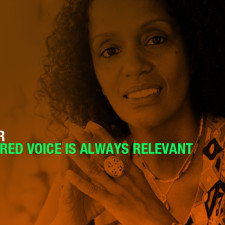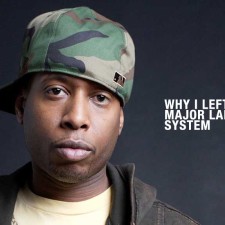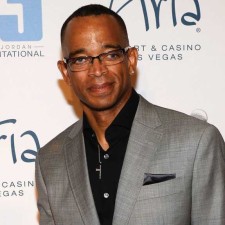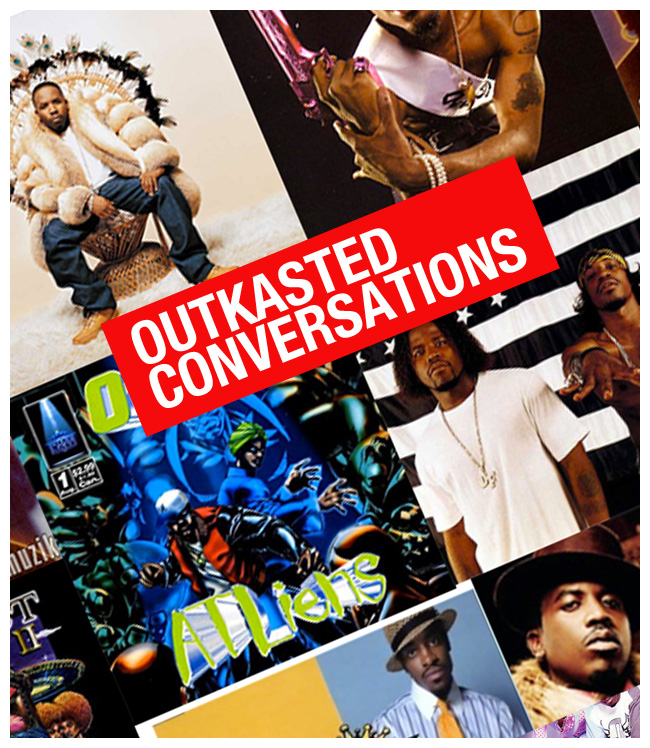I can’t fully explain the power of Chuck D’s words from more than twenty years ago, that “Rap music is CNN for black America,” exerted on me. I became aware of them long after the moment in which they were initially uttered, and they have now resurfaced in my mind long after I first read them. For me these words then partake of three different historical moments, and their truth, as it were, is shrouded in mists of time, memory, and nostalgia. I feel desperately that they are relevant to the present, despite the dismissals of today’s crop of hip hop heads who are more au courant than I ever had a hope of being; and yet I question their relevance because I suspect that the reason they held so much appeal for me in the first place is because of their “rootedness” in the youthful idealism I felt when I stumbled across them for the first time. Resistance is shot through the sentence’s literal meaning: accusation, separation, and ultimately empowerment through claiming identity.
Is that enough to claim that these words still resonate today? Certainly, on the surface it would seem counter-intuitive: the luxuriant material emphasis of much current hip hop contrasted with the seriousness of up-to-the-minute news, lent an aura of self-important authority by virtue of glossy delivery. Nonetheless, based on the reaction in a recent graduate seminar in which rap as black CNN was discussed, it seems that academic types, at least, are willing to consider the comparison, whether out of professional indulgence or genuine agreement. A brief perusal of the blogosphere, however, pours scorn not only on the contemporary relevance of Chuck D’s statement, but also on the academic types who tend to fixate on it (mea culpa). Granted, academic interest in the words of Chuck D exemplify a certain bias, a tendency to skew representations of hip hop towards the “conscious” side – a move that is both politic and faintly narcissistic. Such selectivity is outmoded: most people are now sufficiently familiar with hip hop to know that there is huge diversity in the music being produced, and definitive statements as to the music’s purpose are to be viewed with suspicion.
Perhaps my insistence that there is an important kernel of truth to the idea of rap as the black CNN has to do with the nature of authority, subjectivity, and authenticity. Popular wisdom dictates: the mainstream news media is authoritative; emcees speak with authority. Authority in hip hop derives from a show of force; authority in the news media from a show of knowledge. The institutional news media depends on popular credence in the authenticity of its statements; authenticity in hip hop can depend on perceptions of street credibility (the ability to speak to “how things really are”, implies an authenticity counter to that of the mainstream press). So far, then, the categories of authority and authenticity show some semantic overlap, although the form taken in each context is different. Subjectivity is where we hit a wall.
For the mainstream news media as represented by CNN, apparent objectivity is crucial to the maintenance of authority; whereas the emcee spits from a position of subjectivity – embodied, against the ostensibly objective mainstream. The power dynamic established between the opposition of subjective rapper and objective CNN concerns the arrogation of the right to represent versus the right to speak for oneself, or at least to defy representation by an outsider. Subjectivity resists mediation – which is not to say that it cannot be mediated, packaged, co-opted – insofar as it insists on doing the speaking.
If one were specifically to frame these general oppositions in light of the history of the politics of African American representation in the United States, it would appear that the advent of apparent subjectivity is a new mode of representation. The policies of The Defender newspaper and Ebony magazine (as represented in Adam Green’s book Selling the Race: Culture, Community, and Black Chicago, 1940-1955) were intended to increase and highlight the upward mobility of their readership. Difference from/opposition to the mainstream was drawn across the color line. Strategic essentialism was the name of the game in African American-owned media representation – a performative gesture that does not portray the entire picture, as a unified front by definition downplays dissent and smoothes over other rough edges. Along the same lines, the approach to African American representation adopted by the mainstream, white-owned media also smacks of the kind of essentialism, albeit not strategic, which gave rise to Chuck D’s comment in the first place. The Defender and Ebony therefore promote the same mode of representation as the mainstream, only from an African American perspective, for an African American readership. This sets up an opposition that cannot be resolved in a racialized society.
Any medium that derives authority from claims of objectivity must by definition engage in essentialist representational models – models in which the man on the street will not necessarily recognize himself. The role of the news media is ostensibly to inform; but neatly packaged, convenient morsels of information, divested of much of the immediacy that would humanize them also serve to compartmentalize and control. The advent of the overtly subjective voice is thus a welcome breath of fresh air. Today this “breath of fresh air” is not the exclusive territory of the emcee: the blogosphere also has a strong claim to the crown of subjective media representation.
What these media have accomplished is to shed light on the problematic nature of supposedly “objective” media representations of African Americans; however, they also present an alternative route by which people can engage with experiences documented by the media. This is not to say that there is no mediation involved: obviously there is; but receiving information that is mediated through a subject qua subject foregrounds the individual’s reaction to larger forces. I hesitate to claim that any gesture is inherently empowering, but I do believe that according pride of place to the voice of the individual valorizes the personhood of that voice as well of that of those being addressed by it. These voices may be limited to a few outlets—and they may be mediated by the same forces that prune, graft, and control other voices in the name of objectivity. Nonetheless, these subjective voices openly challenge the authority of mainstream media by offering themselves up as examples of those that did not toe the line and still managed to be heard. Is rap the black CNN? That’s not for me to say. Do rap and other subjective modes of mass communication have the power to poke holes in the hegemony on authority in news media of CNN and others of its ilk? My answer is an unequivocal yes.–LV
EDITOR’S NOTE: See this related article (“Will Recession Dull Hip-Hop’s Bling?) from CNN.com.
Tags: Adam Green, Chuck D, CNN, Ebony Magazine, Hip-Hop, Selling the Race, The Defender





 Share On Facebook
Share On Facebook Tweet It
Tweet It

